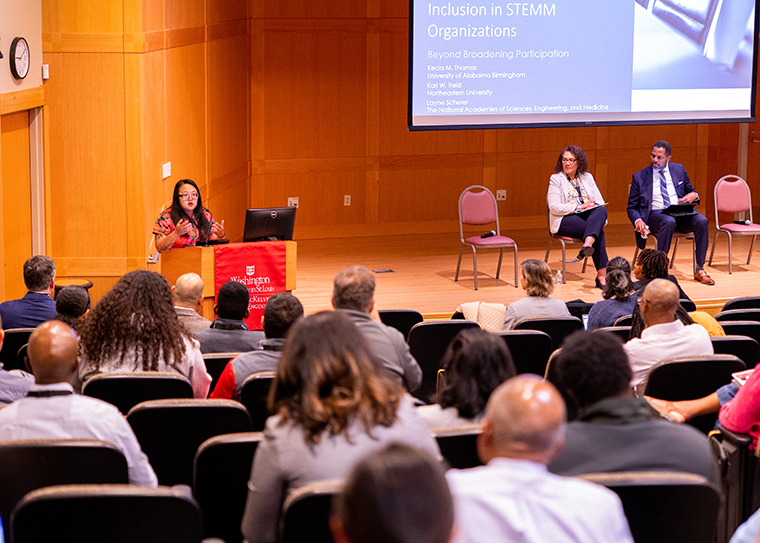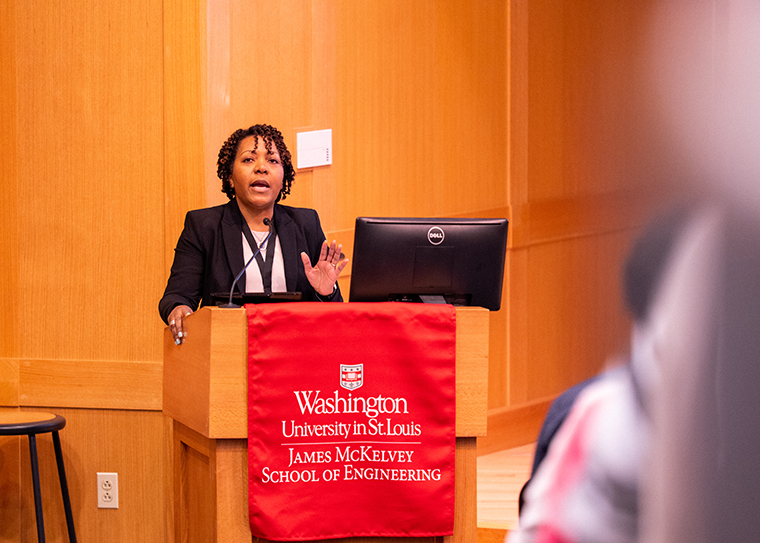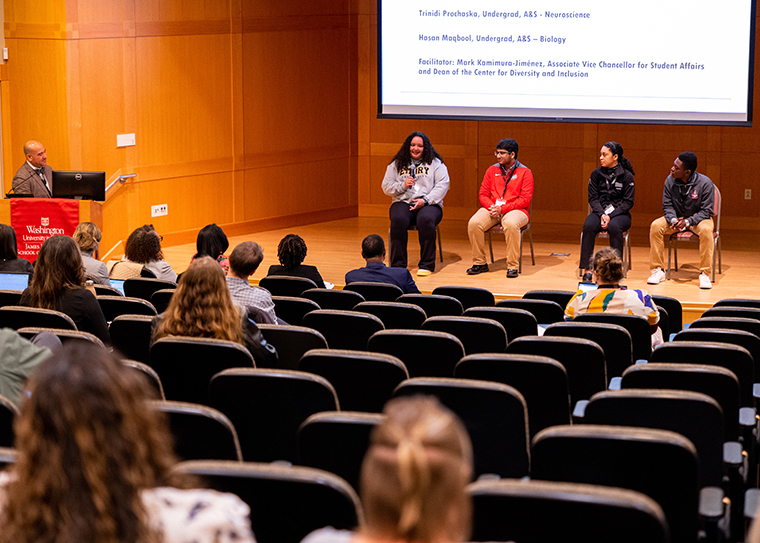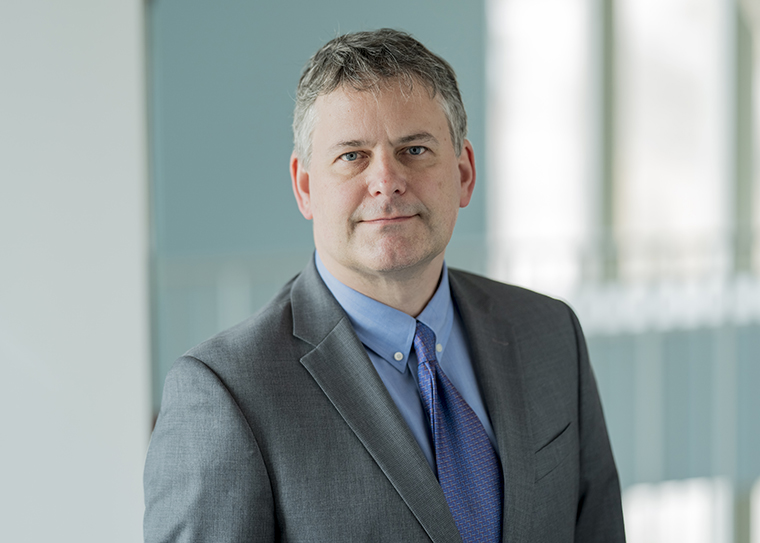

Washington University recently hosted a campus event in partnership with the National Academies of Science, Engineering, and Medicine to advance anti-racism in science, technology, engineering, mathematics and medicine (STEMM).
Anti-racism connects with longstanding efforts, nationwide and on our campuses, to move forward with our work related to equity, diversity and inclusion (EDI). According to the Academies’ report from this year, anti-racist institutions recognize the historical and current systemic barriers faced by minoritized racial and ethnic groups. To counter these challenges, anti-racist systems support people from minoritized groups; promote accessible and supportive cultures; and develop institutional structure to bolster equitable teams, departments, schools and our university overall.
Our collaborative workshop revealed great strengths and opportunities in our teaching, research, service and administration. More than 130 WashU participants shared their experiences and goals, highlighting both our longstanding commitments and novel approaches. Often our EDI efforts remain separated by our individual schools, departments, offices and units. The workshop unified the voices of students finding strength in their communities; faculty and chairs seeking practices and principles to foster equity in their departments; EDI initiative leaders providing programs and resources to build belonging; and vice provosts analyzing what works and how to scale effectively.

The workshop provided paths forward, building upon our individual strengths to develop collective impact. Members of the WashU community can access recordings from the campus event here. The sessions demonstrated our shared visions, needs, resources and capabilities. In particular, our students, staff, faculty and leaders highlighted opportunities for integration and collaboration through:
- Development and reward of activities to champion lived experiences in STEMM. Promotion of holistic identity in science will further well-being, personal connection and belonging. Intentional structures to promote lived experiences, throughout one’s life, will also foster broader and deeper scientific connection to societal impacts and social equity.
- Embracing data, analyses and scholarship in advancing anti-racism. Recent research — funded and supported by national scientific agencies, the Academies and higher education societies — demonstrates the power of building effective anti-racist structures and systems. The research literature indicates that effective systems require careful consideration and design, buoyed by measurement and hypothesis testing.
- Building intentional and dedicated bridges across departments and schools to foster anti-racism. National efforts identify the unique power of networked communities to bolster each other, share resources and grow equity and inclusion. Both the similarities and differences in our units provide valuable assets to complement and supplement strategies, activities and connections to St. Louis and national partners. Our departments, schools and central administration invest time, energy and resources into concrete structures to bridge our internal differences and build together.
We greatly appreciate the expertise and guidance provided by Layne Scherer, senior program officer at the Academies; Kecia Thomas, dean of Arts and Sciences at the University of Alabama-Birmingham; and Karl Reid, senior vice provost and chief diversity officer at Northeastern University. Our distinguished visitors discerned clear vision from our departmental and school leaders; deep engagement with students and groups; authentic connection with community; and heartening discussion of anti-racist principles among staff, students and faculty.
Our EDI focus in our Here & Next planning; the dedicated leadership in our EDI centers and offices; and the high numbers of engaged students, staff and faculty all indicate a great opportunity to build anti-racism in STEMM, at scale and sustainably. We ask all at Washington University to engage in concrete steps and to build on this opportunity and our current momentum toward systemic racial equity and inclusion in the sciences.

Kurt Thoroughman is a faculty fellow for research development in the Research Development Office in the Office of the Vice Chancellor for Research at Washington University in St. Louis. He is also an associate professor of biomedical engineering in the university’s McKelvey School of Engineering.